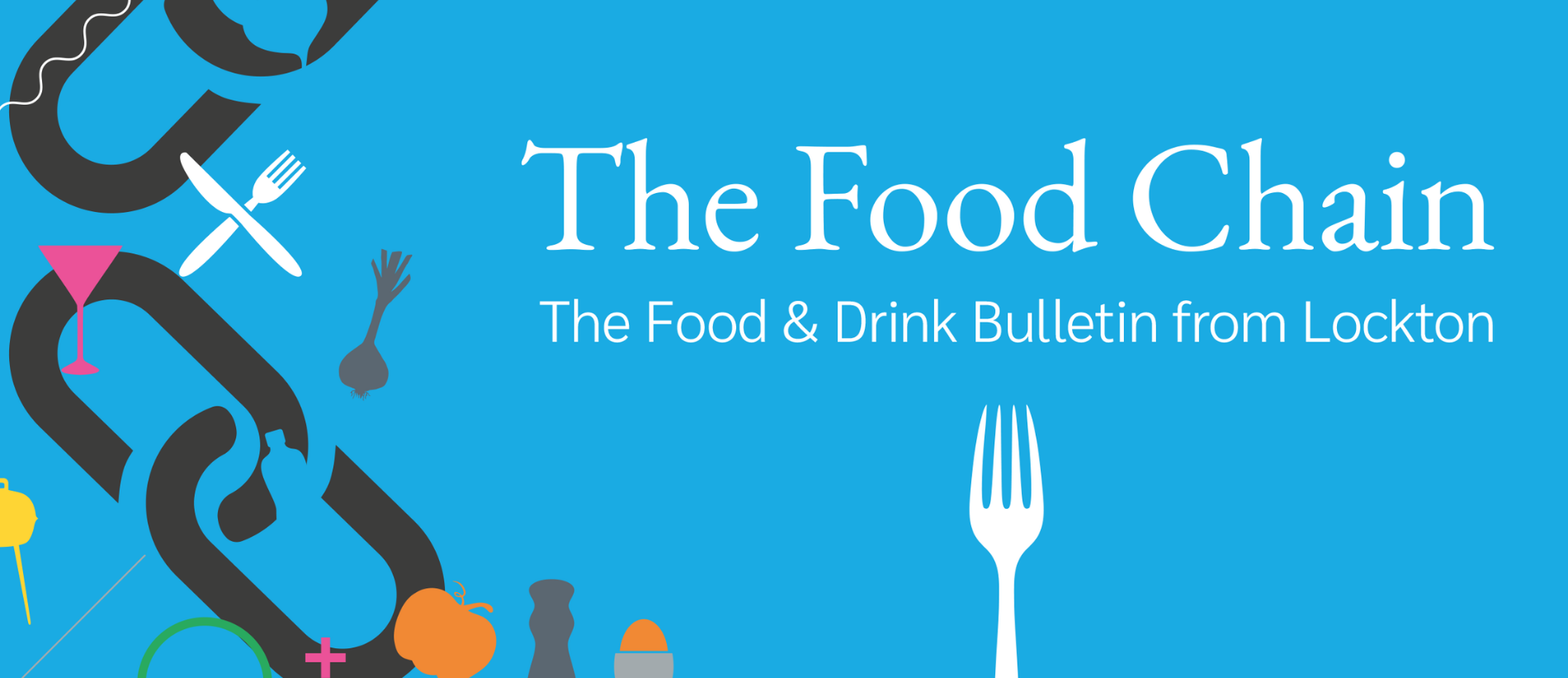The Covid-19 crisis has rapidly reshaped the way business is being done on the dark web. As the pandemic has evolved, buyers and sellers have exploited the opportunity to capitalise on global fears, as well as the dramatic shift in supply and demand.
The increase in home working has also exacerbated the risk of cyber criminality – and the food and drink sector is not immune to the dangers.
At Lockton, we’ve seen a marked rise in cyber incidents within the food sector since lockdown, from fraudulent supplier payments to hacking of IT infrastructures that bring production lines to a standstill.
This increase in attacks against food-based business is perhaps reflective of the fact that everyone needs to eat. Disruptions to the sector create immediate reactions – and command headlines. In addition, the food and drink industry is at the edge of digital technologies, so businesses within this sector are prime targets for hackers. Food firms rank very low in terms of investment in cyber security and historically, they’ve tended to have fewer basic security controls and asset management capabilities in place. Common security concerns are around data corruption, breach or loss, but it doesn’t end there. Business Interruption and the consequent losses can be substantial and in some cases, crippling.
So, what are the new risks?
Many of us think of cyber-attacks in the context of data breaches, compromised customer records and consequential reputational harm. All of these threats are very real of course, but in the context of the food and beverage industry, other significant threats are now in play – and they’re exacerbated by the pandemic.
Ransomware
Ransomware is also an increasing threat. A bad ‘actor’ is able to install malware that identifies databases containing sensitive information. This might trigger the process of siphoning sensitive data for sale and/or distribution. The actor encrypts an insured’s database or application so that access is denied until the organisation pays a ransom in exchange for a decryption key, failing which the data is destroyed or released. These actors might be anyone from a disgruntled employee to a state-sponsored terrorist or a politically motivated hacktivist or protestor of the food industry.
While the ‘standard’ threat is to disseminate data unless the ransom is paid, the food and beverage sector is vulnerable to a different form of extortion.
Agro-terrorism and cyber-hacking
Food itself is at risk from the rising threat of ‘agro-terrorism’: the intentional contamination of the food supply in order to terrorise and cause harm. In the event of the food supply being compromised, organisations have no choice but to shut down their production lines.
Cyber-hackers are also gaining control over automated technology systems, threatening the safety of the food chain. The prevalence of the internet of things and programmable logic controllers (PLCs) within refrigeration, irrigation and other processes, have increased the number of vulnerable entry points into a network. Ultimately, these compromise the security of the business, and therefore the food.
In the event of either a threat to the safety of the food itself or the loss of control of the network system, the potential for business interruption is significant. And the resulting spoilage of perishable items, along with the risk of food recall will likely cause considerable financial losses.
What are the costs if you shut down?
The cost of shutting down just one production line for a food and beverage manufacturer in the UK was recently estimated at £48,000 per hour, or £1m per day.
Many businesses in this sector operate on a 24-hour ‘round the clock’ basis, meaning that the relative loss to a business in this industry is much greater than to an organisation that operates during standard office hours. The lost business costs increase quickly, having the potential to cripple both output and cash-flow.
Why you need to take steps now
If you’re an F&D manufacturer, it’s essential that you assess your cyber exposure and take steps to mitigate the risks.
For example, in April 2019, a French agri-food business was hit by an electronic virus which necessitated its network systems being disconnected to prevent further spread. The plant was shut down for five days, causing considerable business interruption and ensuing loss.
While this particular business managed to contain the damage to a relatively short period of time and mitigate damage through its cyber insurance policy, the potential for damage to consumer trust, business reputation and market competitiveness was not insignificant.
Choosing Cyber Specific Insurance
It’s been suggested that “the food and beverage industry is as susceptible to cybersecurity threats and attacks as any other industry. The need to secure corporate private networks and intellectual property is at an all-time high, as is the need to protect the food supply.”*
If your business is in the F&D sector, we cannot overstate the importance of considering a comprehensive cyber-security strategy. It's vital to safeguard your system so that you can protect its activities, products, customers, reputation and revenue.
A cyber-attack can have far-reaching ramifications for your F&D business. Understanding these risks and proactively mitigating against them is key.
Click below for more information on Lockton's Food & Drink practice:
<CTA Button>


